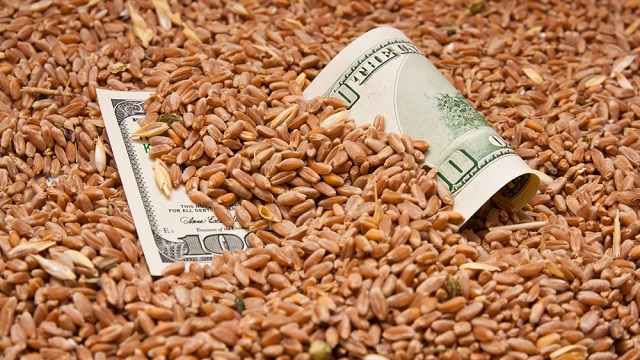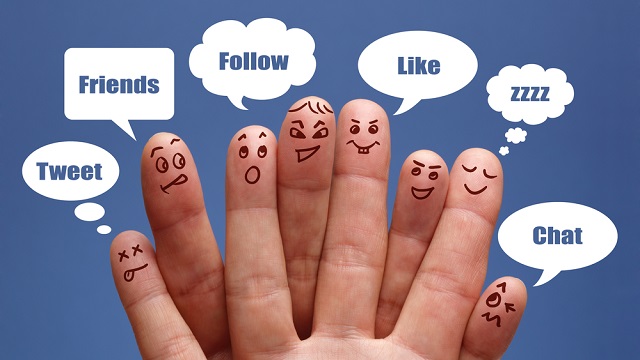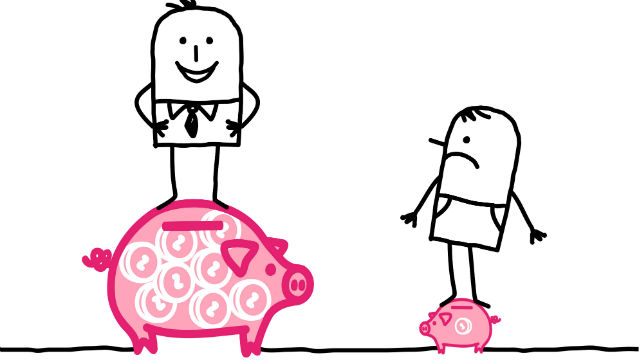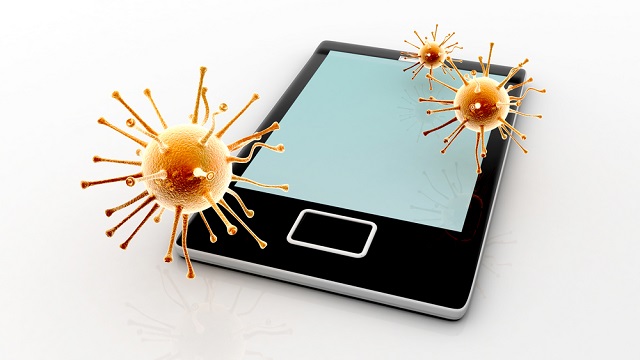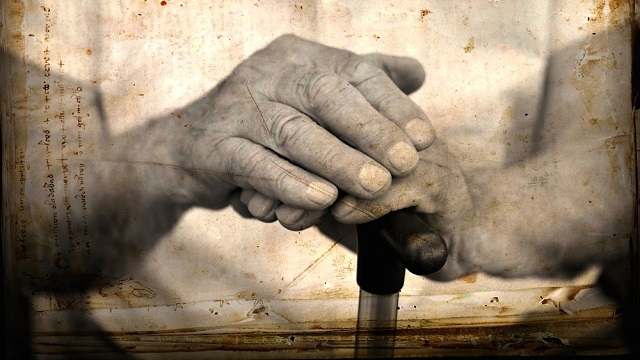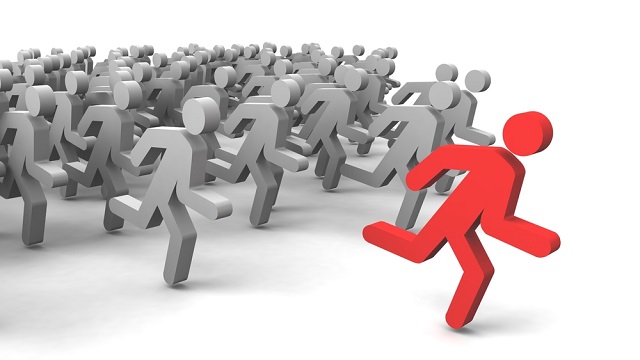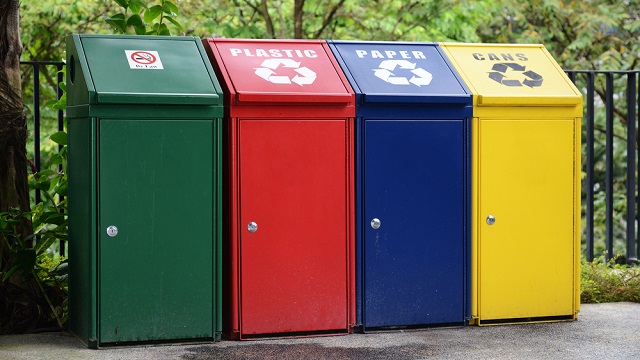Technology & Innovation
All Stories
Organic Transit’s ELF is a single-seat three-wheeler that is a cross between a bicycle and an electric car. They could start appearing in bike lanes in a matter of months.
This year, a team of Georgia Tech researchers will build a prototype of their design, which they claim could transmit data at speeds of terabits per second.
The ice has already melted to the point where heavily fortified ships can travel around the pole, but eventually even a moderately fortified ship will be able to just sail right on through, according to a new paper.
Food shortages played a large role in the events of the Arab Spring, and writer Nafeez Mosaddeq Ahmed says that, given current conditions, such events will happen more widely and more frequently.
This according to a Carnegie Mellon University study, which is one of the first to document the evolution of information sharing over an extended time period.
A map compiled by the Institute for Local Self-Reliance shows about 340 communities with publicly-owned Internet service networks. Interestingly, the largest of those is Chattanooga, TN.
New data shows Americans haven’t a clue how stunningly massive the wealth gap in their country really is.
It was only a matter of time, really: Security specialists say criminals are getting closer to large-scale distribution of viruses and other bad code onto mobile devices.
Santiago’s Espacio Siestario is the first business of its kind in a country where the traditional afternoon nap has gone the way of the rotary telephone.
Steep budget cuts to federal spending, amounting to $85 billion in total, will hit the healthcare sector particularly hard, affecting no other portion of the economy more than defense.
In yet another nod to its country’s aging population, Japan’s Fujitsu presented at this week’s Mobile World Congress conference a prototype of a cane containing 21st-century technology.
Software company Opower teams with utilities to provide customers with reports showing how well they’re doing compared to their neighbors. These and other small nudges have worked to reduce costs as well as environmental impacts.
The project is designed to make recycling as simple as possible by taking the sorting process out of the hands of residents and putting it into those of various companies.
MIT scientists have created a way to amplify ordinary video to reveal normally imperceptible movements, such as the pulse of blood underneath the skin. Applications range from patient monitoring to equipment surveillance to lie detection.
This goes way beyond sell-by dates: Scientists have developed a plastic converter that could pave the way towards the creation of food packaging with monitoring sensors.
Information firm NPD’s annual study on online music use credits the drop with the popularity of free streaming services and successful industry litigation, among other reasons.
Several sites report increases in the number of requests for people who can perform a wide range of personal and professional tasks remotely.
Engineers at Oxford University, UK, have created an automated driving system that is currently being tested on private roads around the university and is accurate to a few centimeters.
No longer a curse of the low-skilled worker, automation is coming to professions like teaching, medicine and law. But machines could give us more leisure time, if profits are shared evenly.
Overturning previous studies on the subject of aging and happiness, researchers at Florida State University College of Medicine have found that people generally become happier as they age.
German scientists have found that thinly sliced diamonds could store quantum bits of data at room temperature, a development that could eventually make quanutm computers widely available.
Data released this week predicts that by the end of this month, China will officially become the world’s largest smartphone and tablet market, surpassing the US.
The Stylistic S01 will become available to users of France’s Orange network starting in June. Writer David Meyer suggests that more manufacturers should be paying attention to this kind of accessibility.
Unlike America’s “Yule Log,” this fireplace is accompanied by poetry readings and commentary from “firewood specialists.” The show — which will run for 12 hours straight — is the latest “slow TV” offering from the NRK television network.
Supplying laptops to all 2,000-plus high school students in tornado-ravaged Joplin, Missouri is just one example of how the country’s donations are helping local communities.
While you’re at it, let your boss know about a recent study that suggests that the amount of willpower exerted in order to avoid using the Internet for personal use could contribute to a decrease in productivity.
For help in this endeavor they’re turning to, among others, Charles Darwin, a University of California-Berkeley researcher, and an illustrator at Pixar.
More than 1.7 million were sold last year alone, revealing an aging culture’s devotion to tradition and a technological lag behind other developed countries.
One mining company speculates it’s in the low nine figures; astronomers think that’s a stretch. There’s no way to be sure, of course, but its Friday fly-by has both groups thinking about future close encounters.
American Express and Twitter have announced a partnership that allows cardholders to make purchases using special hashtags in their tweets.



